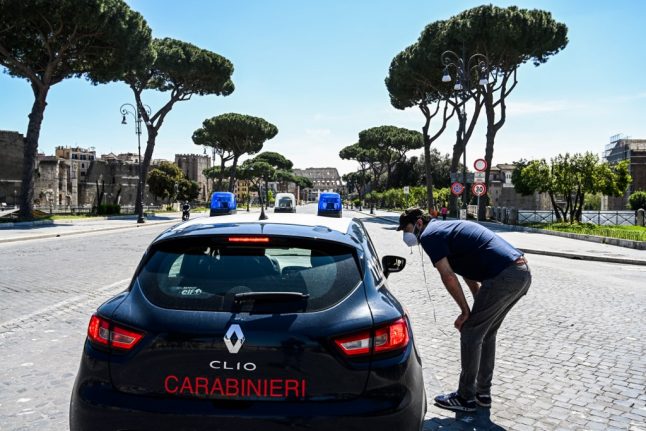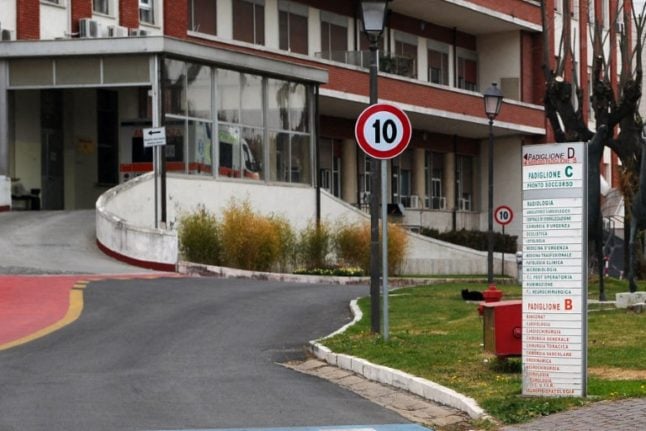From May 18th, for the first time in more than two months you probably won't need to carry an 'autocertificazione' form justifying your reason for being outside anymore, so long as you stay local.
READ ALSO:
- When can I travel to my second home in Italy?
- What are the rules on travel around Italy during lockdown phase two?
- Will a staycation in Italy be possible this summer, and what would it look like?
From guidelines issued to regional authorities on Wednesday in preparation for the next steps to lift Italy's coronavirus lockdown, it looks like justification will only be required to travel between regions – which remains forbidden except in cases of absolute necessity or for urgent work or health reasons.
The government is expected to set out the new rules by Sunday, which is when the current emergency decree expires.
Until then everyone in Italy is officially supposed to fill out a form for every outing, though in practice police have been carrying out far fewer checks ever since the rules began to be loosened on May 4th.
READ ALSO: Here's the new form you need to go outside in Italy's lockdown phase two

Photo: Miguel Medina/AFP
Under pressure from businesses and regional governors, the government sped up its plans to reopen the country, giving the go-ahead this week for bars, restaurants, hairdressers and beauty parlours to reopen from May 18th instead of June 1st as originally indicated.
Businesses will have to take precautions to protect workers and clients, while regional governments will have to monitor infection rates closely and may be obliged to reimpose closures if cases spike.
CALENDAR: What will Italy reopen next under new lockdown rules?
As for relaxing restrictions on travel, the government is still assessing the situation and will make a decision by the end of May, according to regional affairs minister Francesco Boccia, which suggests we won't be able to travel freely between regions until June at the earliest.
“It will be easier to guarantee a link between low-risk regions” and “much more complicated to allow someone from a low-risk region to cross into a high-risk one”, said Boccia.
His comments suggest that travel may remain restricted in certain parts of Italy for some time yet, notably the regions with the highest number of Covid-19 cases: Lombardy, Piedmont and Emilia Romagna.
There is also speculation that the government will sign off on meeting up with friends (though at a safe distance and not in large groups) and visiting second homes in its upcoming revisions to the lockdown rules, but nothing is officially confirmed yet.



 Please whitelist us to continue reading.
Please whitelist us to continue reading.
Member comments